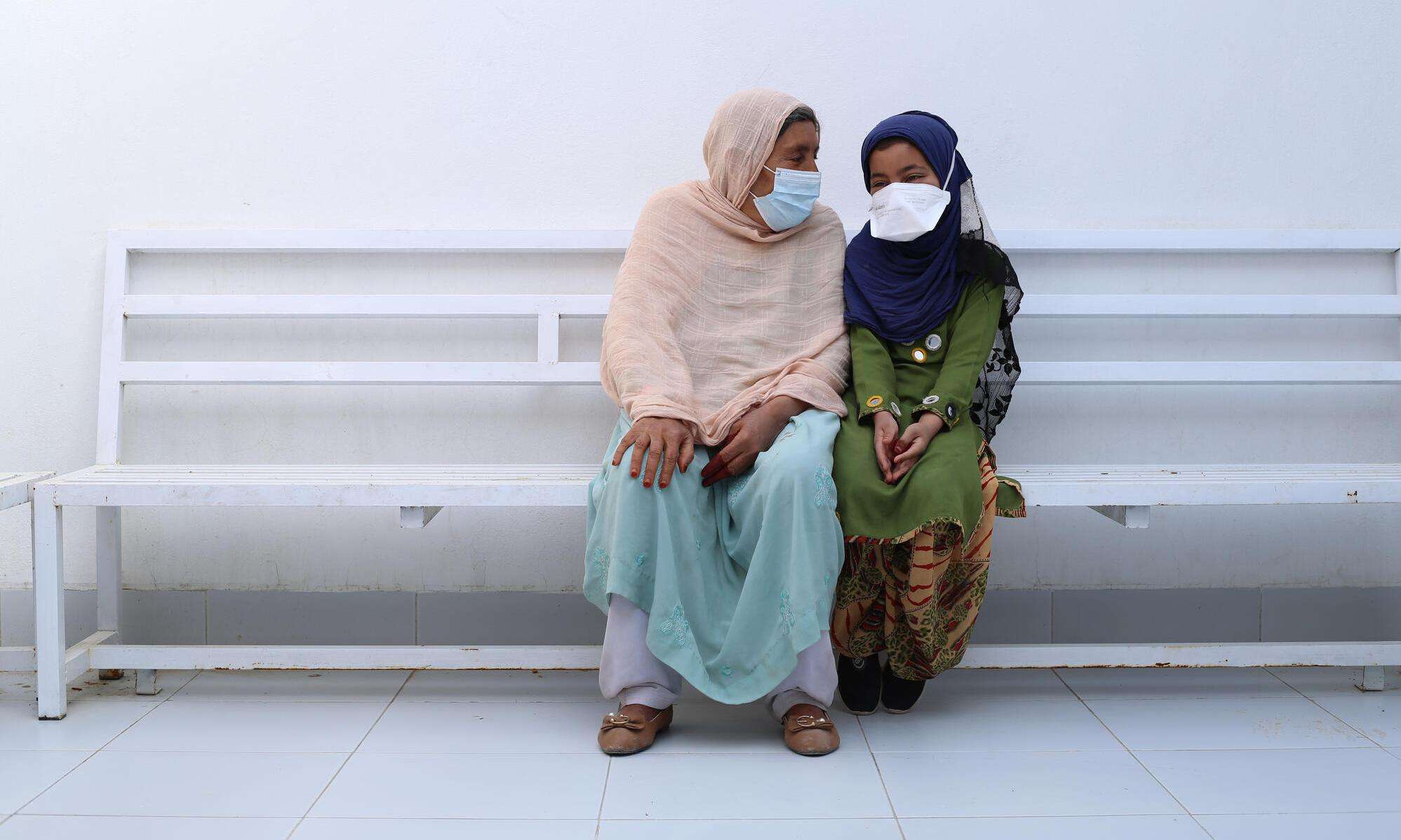NEW YORK/GENEVA, DECEMBER 15, 2022—A regimen that was found to be effective for people with multi-drug (MDR-TB) and rifampicin-resistant tuberculosis (RR-TB) through Doctors Without Borders/Médecins Sans Frontières' (MSF) groundbreaking TB PRACTECAL clinical trial is now the World Health Organization’s (WHO) top recommendation for TB treatment. This six-month regimen—comprised of the drugs bedaquiline, pretomanid, linezolid, and moxifloxacin (BPaLM)—demonstrated much higher treatment success in the trial and is much shorter compared to traditional regimens that can take 24 months.
This is a transformative development for TB treatment globally, said MSF. All governments should urgently move to implement these critical changes into their treatment guidelines as only one in three people with drug-resistant tuberculosis (DR-TB) is currently receiving treatment for the disease. For those who are put on longer, older treatment regimens, the success rate remains low at 60 percent globally, compared to nearly 90 percent with BPaLM.
Access to this newer, safer, and better treatment option will remain a challenge unless price and regulatory barriers are overcome so more manufacturers can enter the market and bring prices down. The newer regimens continue to be priced at almost $700, well above the $500 ceiling price called for by MSF. The price of the critical GeneXpert TB diagnostic test must also come down by half to $5 per test so that more people with DR-TB can be diagnosed and receive treatment.
WHO is also recommending a second shorter treatment made up of bedaquiline, pretomanid, and linezolid (BPaL) for people with documented resistance to fluroquinolones—a class of antibiotics that includes moxifloxacin, which is part of the BPaLM regimen.
Dr. Ilaria Motta, TB medical advisor for MSF’s Access Campaign, said of WHO’s new guidance:
“This is a momentous day for people with DR-TB because we can finally replace many of the longer, arduous, and less effective treatments with better, safer, and shorter treatments that are much more likely to cure this deadly disease.
“Governments and donors now need to act swiftly to make sure people with drug-resistant forms of TB are able to access these better and safer treatments.
“For governments to be able to provide improved treatments for all people with DR-TB, the price of a full treatment course cannot exceed $500. But as today’s price is still well above that at $700, we need to see prices come down.
“Making sure more people can access better and shorter treatments also requires that more people with DR-TB be tested. That’s why MSF has been calling on TB test maker Cepheid to drop the price of the critical GeneXpert TB tests to below $5 per test, from between $10 and $20 today, so that more people can be tested for TB and its drug-resistant forms and start lifesaving treatment.”
WHO recommends TB regimen found effective by MSF clinical trial

Afghanistan 2022 © Lynzy Billing/MSF
